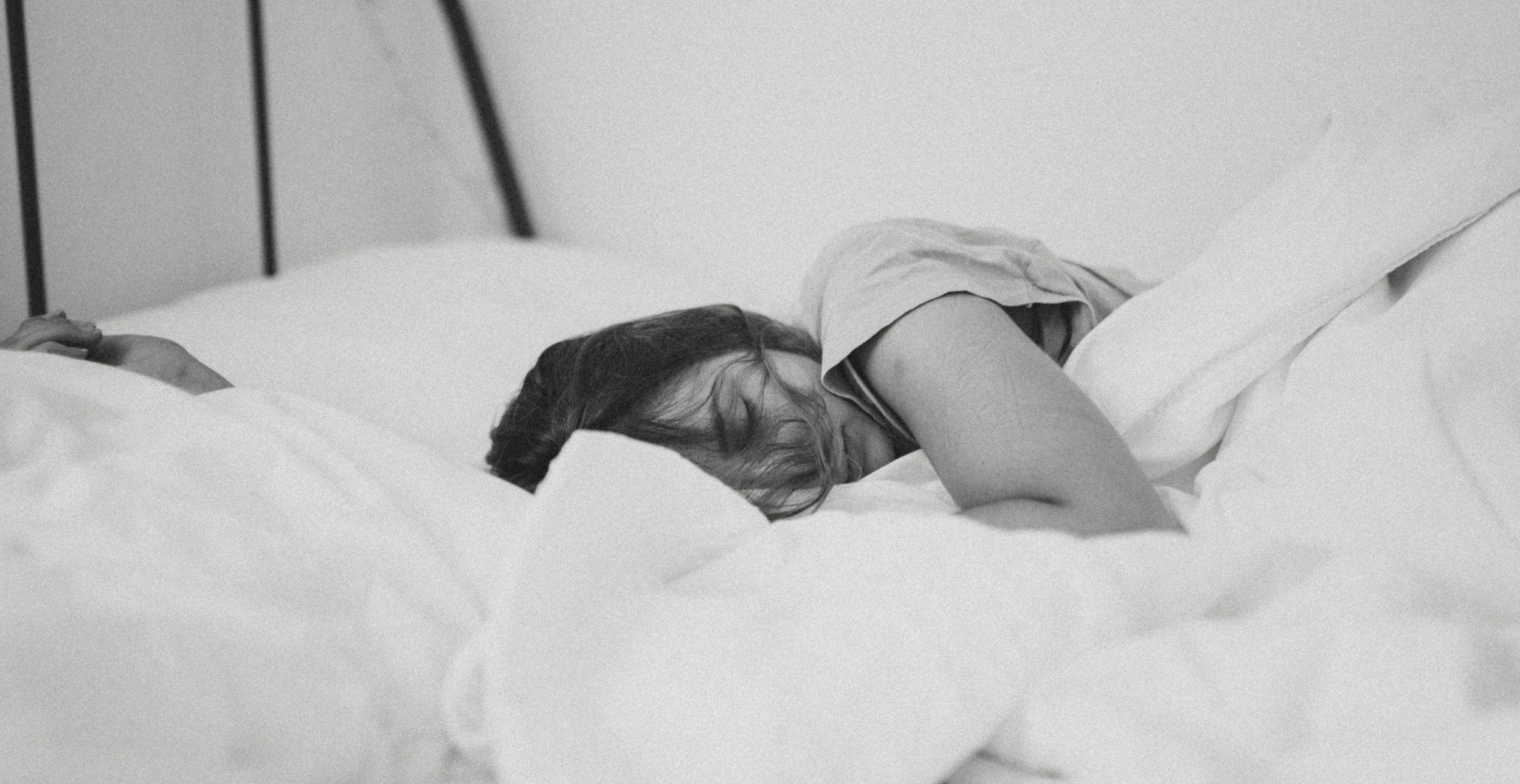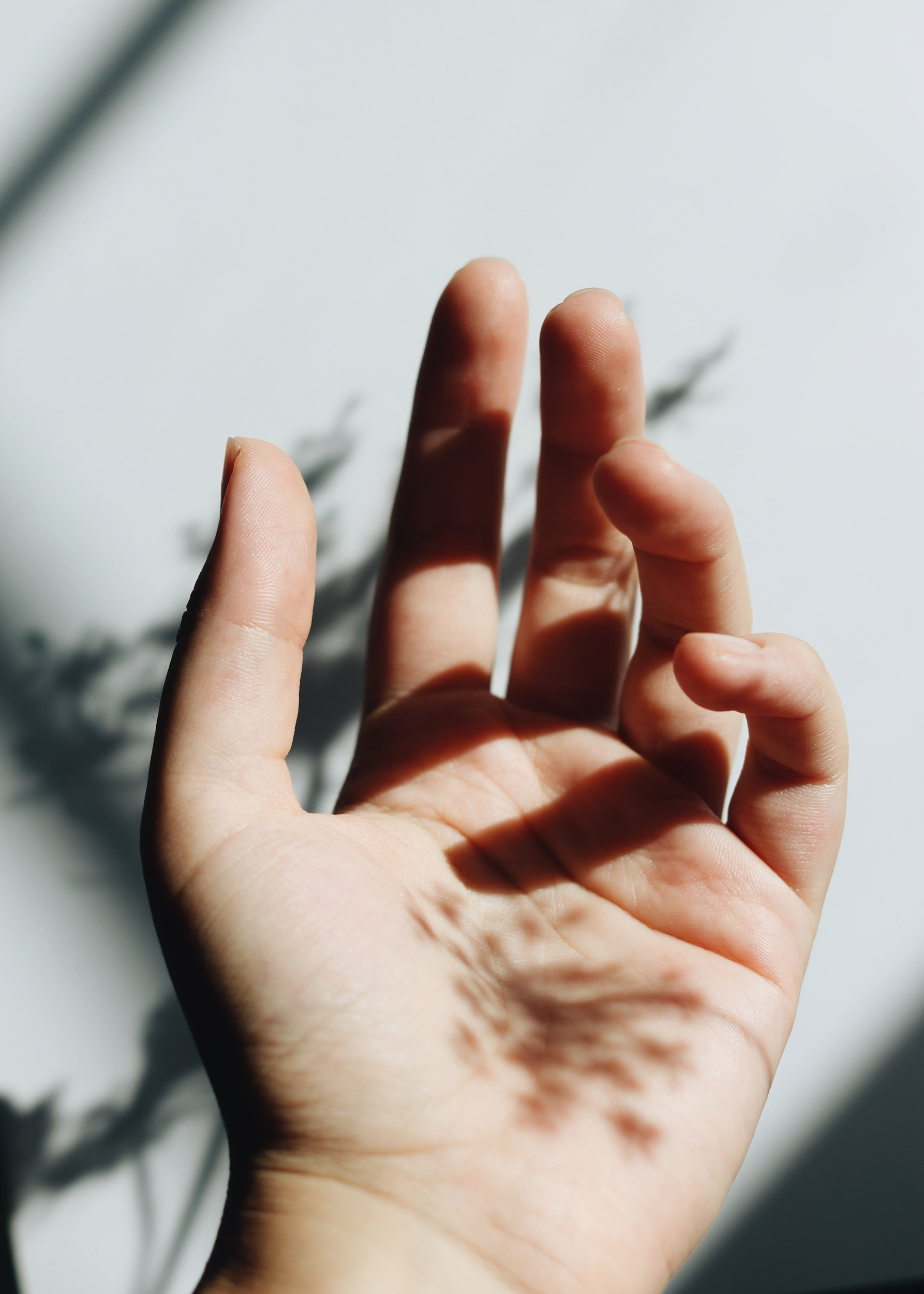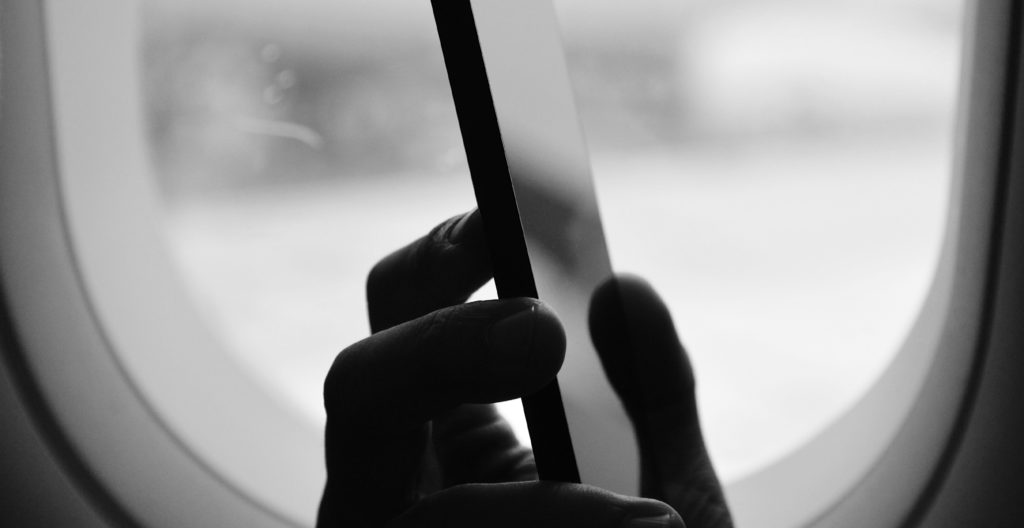
Scented sachets
Most people know the pleasant feeling of snuggling up in freshly made, fragrant bed linen after a long day – and a calming scent actually has a positive effect on our sleep. When we are in deep sleep, our senses are usually inactive. During the sleep phase, however, smells are passed on directly to our limbic system, which is responsible, among other things, for our mood.
There are a number of herbs that are said to have calming, nerve-strengthening or sleep-promoting properties. The classics include: lavender, mugwort, lemon balm and hops as well as linden, elderberry and valerian flowers.
Filled in small bags, they can be great sleep aids. The best thing about it: You can easily make the herb sachets yourself.
All you need is a breathable fabric and dried herbs of your choice. Cut the fabric into two equal pieces and sew it shut on three sides. Then you can fill the self-sewn bags. To make it easier to change the filling, it can be tied at the top with a ribbon.
The finished scented sachet is best placed near your head on the bedside table or under the pillow.
Sounds to fall asleep
Whether and how well we sleep depends, among other things, on what is happening around us and how familiar these noises are to us. If you grew up as a child in the immediate vicinity of a busy street, even as an adult, traffic noise will not keep you from falling asleep. However, if you grew up in the country with the constant babbling of a brook, you will notice the change in acoustics more clearly when moving to a city apartment.
This is where special sounds can help you fall asleep, so-called white noise. This means a uniform sound in which all acoustic frequency ranges that the human ear can perceive are represented equally. That can be the vitalising patter of summer rain or the constant hum of a refrigerator – even if the latter may not sound particularly tempting. The primary aim of white noise is to mask surrounding noises in such a way that we no longer perceive them as annoying.
So if the neighbors’ quarrels in the evening, the noise of the bar next door or the ambulance sirens keep you from sleeping, you can use podcasts such as sounds to fall asleep or meditation apps such as 7 Mind and sleep peacefully. There are also countless free offers on YouTube.
Relaxation procedure:
Progressive Muscle Relaxation
PStress-relieving muscle relaxation helps reduce stress and sleep disorders. The targeted tensioning of individual muscle groups activates relaxation processes throughout the body, which can calm you down and help you fall asleep better.
Simply make yourself comfortable in an armchair or bed and lean back. After a few deep breaths, you systematically begin to tense one muscle group after the other for a short time, and then consciously relax them again. Start with the right hand, walk over the arms and neck to the face and then over the back and stomach down to the legs and feet.
There are two things you should avoid for sweet dreams:
In addition to all kinds of measures that you can take to improve your own sleep quality, there are also a number of things that simply not doing it can have equally positive effects.
Electronic equipment
Many people answer the latest messages while still in bed, check the calendar or set the alarm clock for the next morning – the blue light on the screens has been shown to inhibit the production of the sleep hormone melatonin.
If we use our smartphone, laptop or computer in the evening, we in a certain way rob ourselves of the chance to get naturally tired. Tip: Instead, read a good book in cozy light.
If you have to spend a long and long time in front of the screen for professional reasons, activating a blue light filter on the individual devices or glasses with blue light filter technology could help to relax your eyes.
Alcohol
A glass of red wine may make it easier to fall asleep – but it doesn’t help a deep and restful sleep. Alcohol shortens the deep sleep phases that are necessary for the regeneration of our body. Instead, during the night, the body is busy breaking down the alcohol in the blood.
Alcohol consumption before bed dehydrates the body and leads to restless sleep with multiple waking phases, which makes you feel exhausted, listless and irritable the next morning. For this reason, it is advisable to drink little or no alcohol four to six hours before going to bed. The same goes for caffeine.



